Gabrielle Union On Nate Parker: I cannot take his rape allegations lightly
Gabrielle Union has written an open-ed, addressing the rape controversy surrounding Nate Parker. Union co-stars in Parker’s upcoming film, ‘Birth of a Nation‘. Check out a few excerpts on her thoughts about the situation that’s made headlines for the past few weeks.
Twenty-four years ago I was raped at gunpoint in the cold, dark backroom of the Payless shoe store where I was then working. Two years ago I signed on to a brilliant script called “The Birth of a Nation,” to play a woman who was raped. One month ago I was sent a story about Nate Parker, the very talented writer, director and star of this film. Seventeen years ago Nate Parker was accused and acquitted of sexual assault. Four years ago the woman who accused him committed suicide.
Different roads circling one brutal, permeating stain on our society. A stain that is finely etched into my own history. Rape is a wound that throbs long after it heals. And for some of us the throbbing gets too loud. Post traumatic stress syndrome is very real and chips away at the soul and sanity of so many of us who have survived sexual violence.
Since Nate Parker’s story was revealed to me, I have found myself in a state of stomach-churning confusion. I took this role because I related to the experience. I also wanted to give a voice to my character, who remains silent throughout the film. In her silence, she represents countless black women who have been and continue to be violated. Women without a voice, without power. Women in general. But black women in particular. I knew I could walk out of our movie and speak to the audience about what it feels like to be a survivor.
My compassion for victims of sexual violence is something that I cannot control. It spills out of me like an instinct rather than a choice. It pushes me to speak when I want to run away from the platform. When I am scared. Confused. Ashamed. I remember this part of myself and must reach out to anyone who will listen — other survivors, or even potential perpetrators.
As important and ground-breaking as this film is, I cannot take these allegations lightly. On that night, 17-odd years ago, did Nate have his date’s consent? It’s very possible he thought he did. Yet by his own admission he did not have verbal affirmation; and even if she never said “no,” silence certainly does not equal “yes.” Although it’s often difficult to read and understand body language, the fact that some individuals interpret the absence of a “no” as a “yes” is problematic at least, criminal at worst. That’s why education on this issue is so vital.
As a black woman raising brilliant, handsome, talented young black men, I am cognizant of my responsibility to them and their future. My husband and I stress the importance of their having to walk an even straighter line than their white counterparts. A lesson that is heartbreaking and infuriating, but mandatory in the world we live in. We have spent countless hours focused on manners, education, the perils of drugs. We teach them about stranger-danger and making good choices. But recently I’ve become aware that we must speak to our children about boundaries between the sexes. And what it means to not be a danger to someone else.
To that end, we are making an effort to teach our sons about affirmative consent. We explain that the onus is on them to explicitly ask if their partner consents. And we tell them that a shrug or a smile or a sigh won’t suffice. They have to hear “yes.”
Regardless of what I think may have happened that night 17 years ago, after reading all 700 pages of the trial transcript, I still don’t actually know. Nor does anyone who was not in that room. But I believe that the film is an opportunity to inform and educate so that these situations cease to occur on college campuses, in dorm rooms, in fraternities, in apartments or anywhere else young people get together to socialize.
I took this part in this film to talk about sexual violence. To talk about this stain that lives on in our psyches. I know these conversations are uncomfortable and difficult and painful. But they are necessary. Addressing misogyny, toxic masculinity, and rape culture is necessary. Addressing what should and should not be deemed consent is necessary.
Follow us: @theJasmineBRAND on Twitter | theJasmineBRAND on Facebook| theJasmineBRAND_ on Instagram


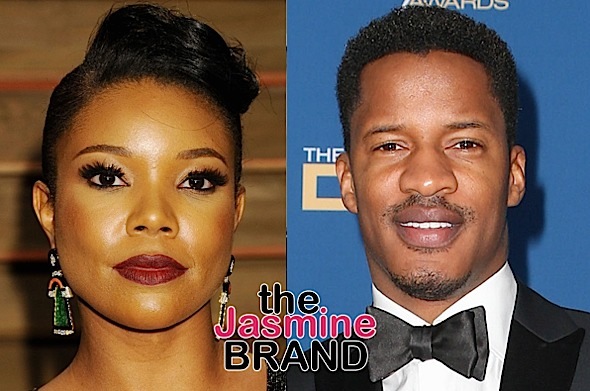

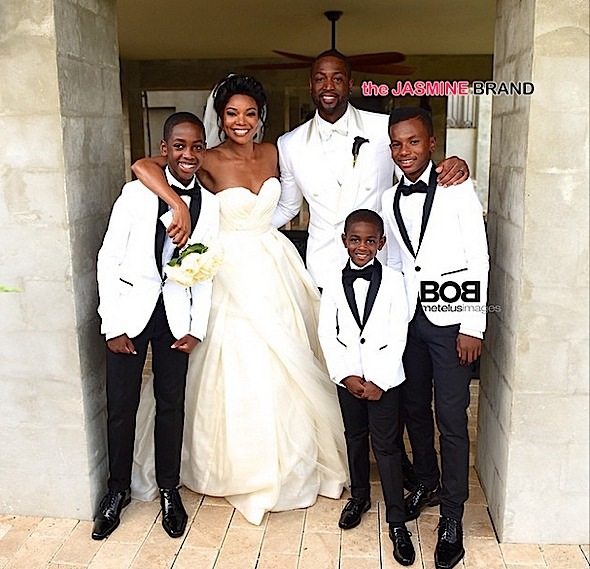
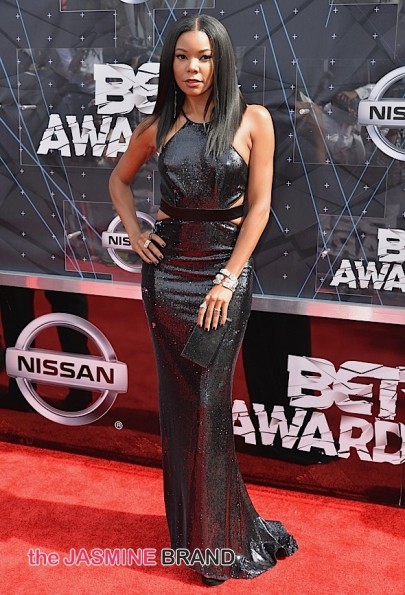
 Previous Article
Previous Article Next Article
Next Article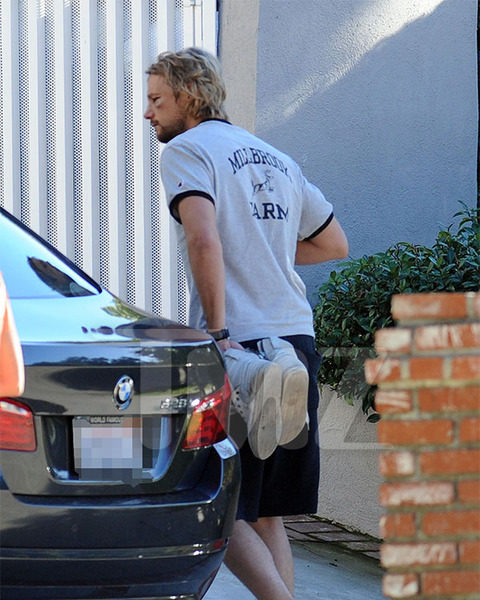 Ouch! Oliver Martinez Beat the Brakes Off Gabriel Aubry’s Face + Close-Up Of Dude’s Face
Ouch! Oliver Martinez Beat the Brakes Off Gabriel Aubry’s Face + Close-Up Of Dude’s Face 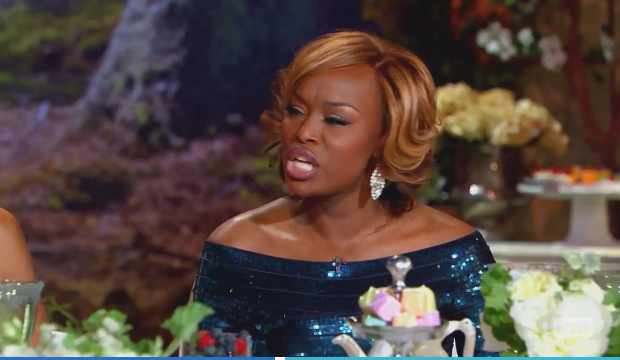 Tears, Accusations & Insults Hurled During ‘Married to Medicine’ Reunion + Watch the Teaser!
Tears, Accusations & Insults Hurled During ‘Married to Medicine’ Reunion + Watch the Teaser! 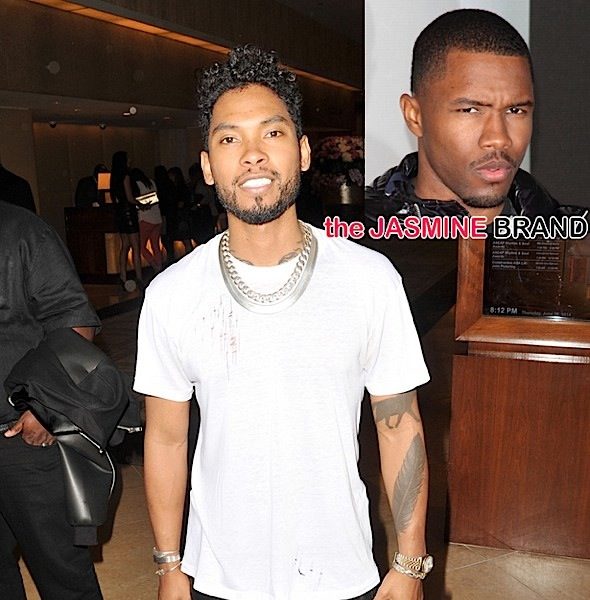 Miguel Explains Why He Called Himself A Better Artist Than Frank Ocean
Miguel Explains Why He Called Himself A Better Artist Than Frank Ocean 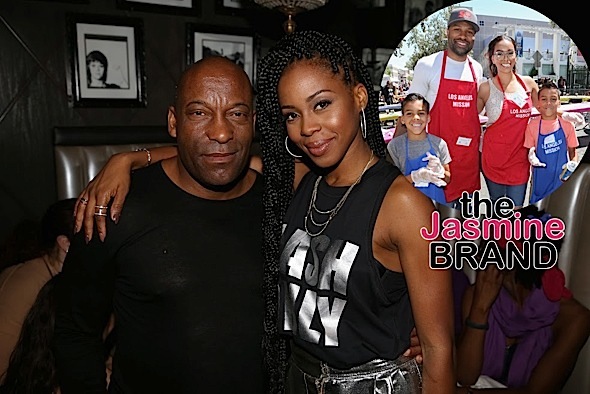 Kim Kardashian Hits ‘The Promise’ Premiere, Gloria Govan & Derek Fisher Volunteer on Skid Row + John Singleton & Danielle Moné Truitt Host ‘Rebel’ Party
Kim Kardashian Hits ‘The Promise’ Premiere, Gloria Govan & Derek Fisher Volunteer on Skid Row + John Singleton & Danielle Moné Truitt Host ‘Rebel’ Party ![Floyd Mayweather, K.Michelle, Malaysia Pargo Spotted At Def Comedy Live [Photos]](https://thejasminebrand.com/wp-content/uploads/2014/11/Malaysia-Pargo-Brandi-Maxiell-Def-Comedy-Live-2014-the-jasmine-brand-534x600.jpg) Floyd Mayweather, K.Michelle, Malaysia Pargo Spotted At Def Comedy Live [Photos]
Floyd Mayweather, K.Michelle, Malaysia Pargo Spotted At Def Comedy Live [Photos] 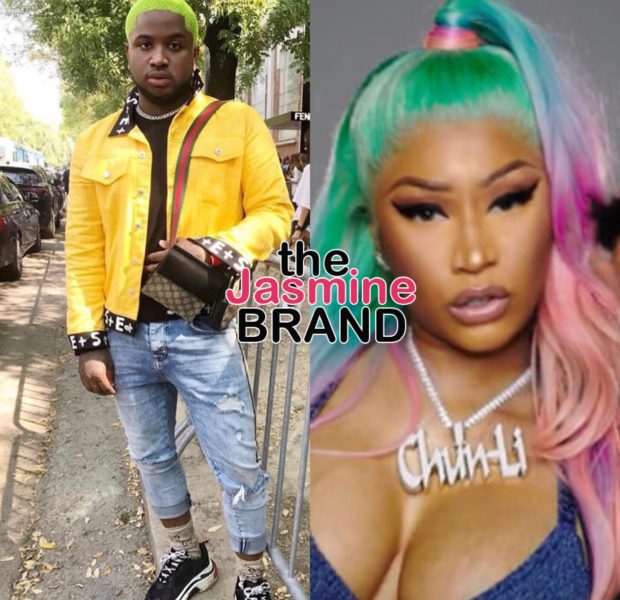 Nicki Minaj’s Hair Stylist Deletes Social Media After Being Trolled By Barbz, Alluded To Quitting
Nicki Minaj’s Hair Stylist Deletes Social Media After Being Trolled By Barbz, Alluded To Quitting 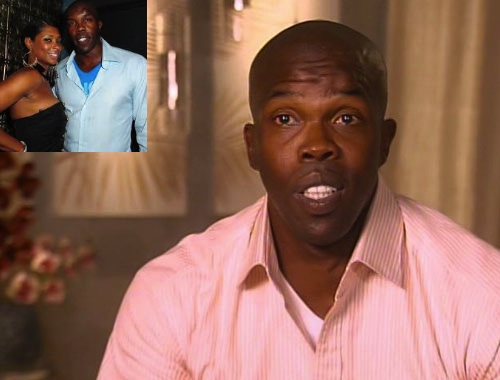 Sperm Hustlin’ :: Jennifer Williams’ Husband Allegedly Had A Secret Child
Sperm Hustlin’ :: Jennifer Williams’ Husband Allegedly Had A Secret Child 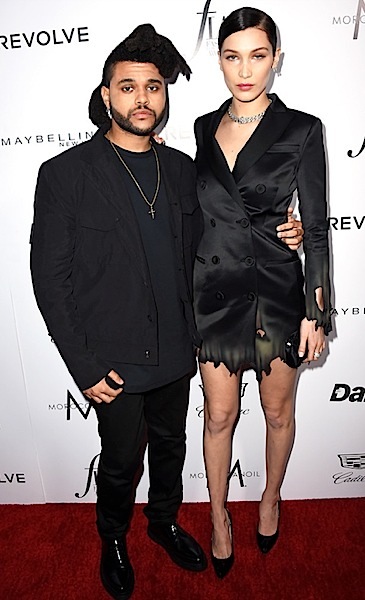 The Weeknd May Propose To Model Girlfriend Bella Hadid
The Weeknd May Propose To Model Girlfriend Bella Hadid